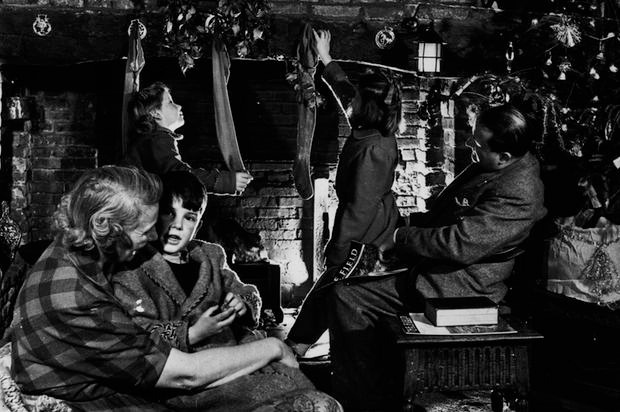Despite ‘the age of austerity’, Britain still has a debt problem. That’s the conclusion of a new report from the Centre for Social Justice. It suggests that personal debt in the UK has reached a record high of £1.4 trillion, or 90 per cent of the UK’s economic output last year. That’s not happened overnight; but the debt level has increased steadily over the last decade:
Breaking this down, the CSJ says that the average household debt is now £54,000 (nearly double what it was a decade ago). Thanks to the increase in borrowing, 5,000 people were made homeless last year due to mortgage and rent arrears. Christian Guy, director the CSJ, explains: ‘years of increased borrowing, rising living costs and struggling to save has forced many families into a debt trap that is proving very difficult to escape’.
How has this happened? The financial crisis isn’t the only factor — the cost of living (up 25 per cent in the last five years) combined with an increase in both big (above £100) and small debts is key. Many have also turned to payday lenders to make ends meet, who have ‘exacerbated’ the personal debt problem. Payday companies’ lending has risen from £900 million four years ago to £2 billion in 2011/2012.
This debt are bearable for now; but, if the Bank of England decides to jack up interest rates, we’ll encounter what the Independent describes as ‘Britain’s next debt time bomb’. And, of course, the government is only making this worse with the Help to Buy scheme, which is encouraging huge amounts of borrowing.
Christmas is around the corner, and that is likely to create yet more debt. UK households will apparently spend £822 on Christmas this year — £600 on gifts, £180 on food and drinks (up 11 per cent!) and £43 on cards, trees and directions. The total festive spend will be in the region of £22 billion, so January 2014 will be a scrimping month for many households.






Comments